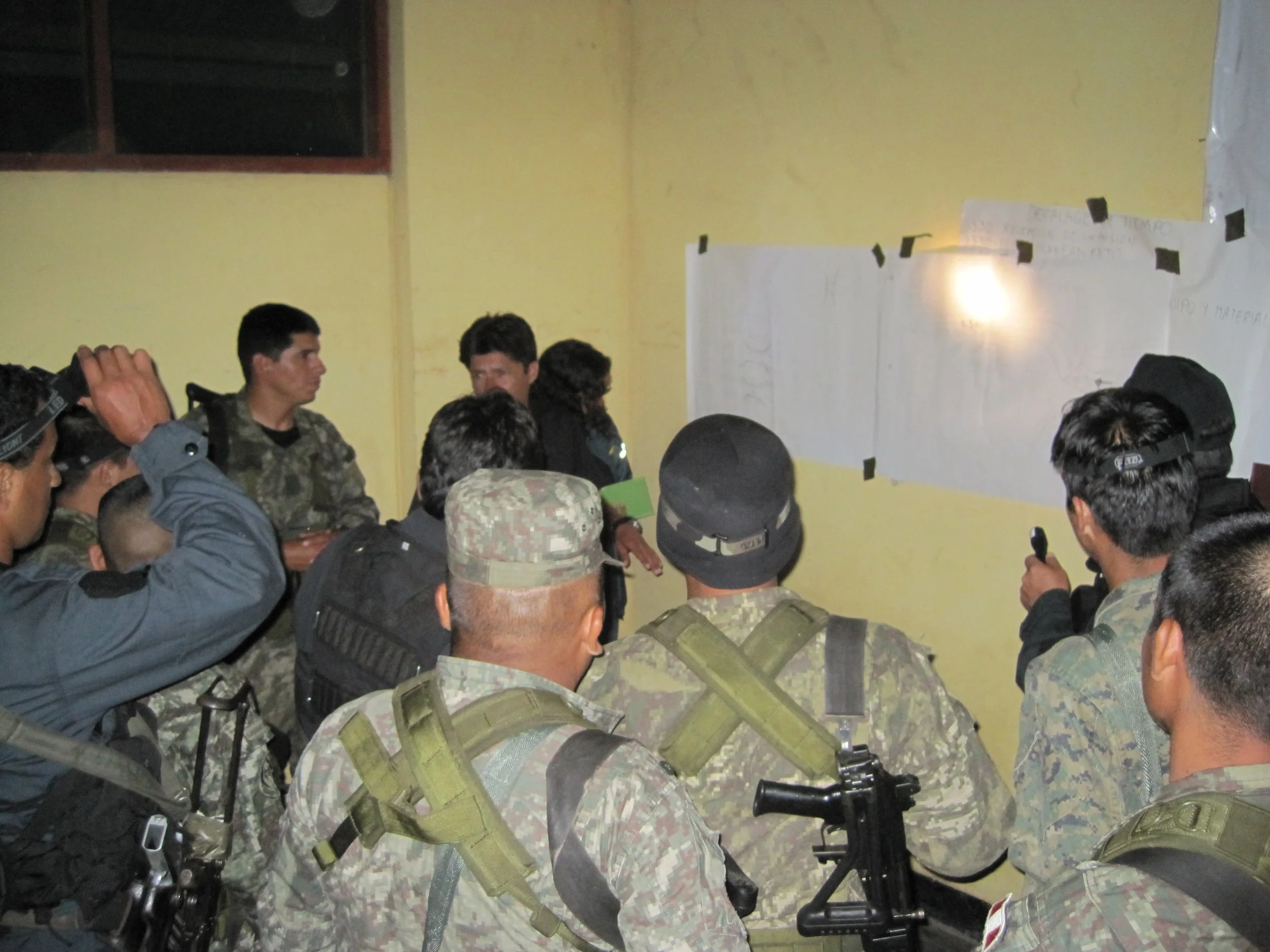Leading Through Change: How Adaptive Teams Thrive in Times of Economic Uncertainty
As we navigate deeper into 2025, there's a tangible sense of uncertainty permeating businesses across industries. Economic shifts, fluctuating markets, and global dynamics have made stability feel elusive, creating a high-stakes environment for leadership. I've observed firsthand—in both my military and business careers—that these are precisely the times when adaptive leadership becomes not just valuable but essential.
Why Traditional Leadership Falls Short
Traditional approaches often rely heavily on centralized decision-making and rigid planning. This works fine when the environment is stable, but under conditions of uncertainty, it quickly leads to bottlenecks, confusion, and missed opportunities. I've seen strong teams paralyzed waiting for approval from above, missing critical windows to pivot effectively.
Enter the Imperio Model: The Green Beret Approach
Drawing from my extensive experience in Special Forces, the Imperio approach emphasizes decentralized execution, adaptability, and clear mission communication. Green Berets operate under extreme uncertainty daily—situations where hesitation can literally mean life or death. Applying these principles to business transforms uncertainty from a liability into an advantage.
Here's how:
Rapid Decision-Making Cycles: Shortening the loop from information gathering to action-taking allows leaders and teams to quickly assess, adjust, and respond to rapidly changing scenarios.
Clear, Direct Communication: Teams operate with clear intent and objectives communicated upfront, empowering them to execute autonomously without constant oversight.
Frontline Empowerment: Leaders at every level are empowered to make strategic decisions, capitalizing on their proximity to opportunities and threats.
Transparent Trust Building: Openness about challenges and uncertainties cultivates trust, a foundational element for high-performing adaptive teams.
Success Story
Recently, I worked with a rapidly growing client facing major disruptions in their supply chain. By implementing these adaptive principles, their teams quickly developed innovative solutions independently. Within weeks, productivity rebounded, and employee engagement increased dramatically because people felt trusted and empowered to act. They didn't just manage the crisis—they thrived through it.
Your Action Steps Today
I firmly believe companies that embrace adaptive leadership now will define their success in the coming months and years. Here are immediate steps you can take:
Clearly communicate the intent and outcome you desire, not just tasks.
Reduce unnecessary approval layers in critical decisions.
Share openly about uncertainties and invite solutions from your teams.
Trust and empower your frontline leaders.
Change doesn't wait for comfort. Adapt now and lead confidently through the unknown.
If you're ready to transform uncertainty into your competitive advantage, connect with me for a deeper conversation. Let’s tackle this challenge together.



